prg.ai newsletter #29: Successes of the Prague AI scene in 2022
What were the highlights that our local AI ecosystem encountered over the last twelve months? As we welcome the new year and await the exciting challenges it has to bring, let’s take some time to reflect on the successes we accomplished in 2022.
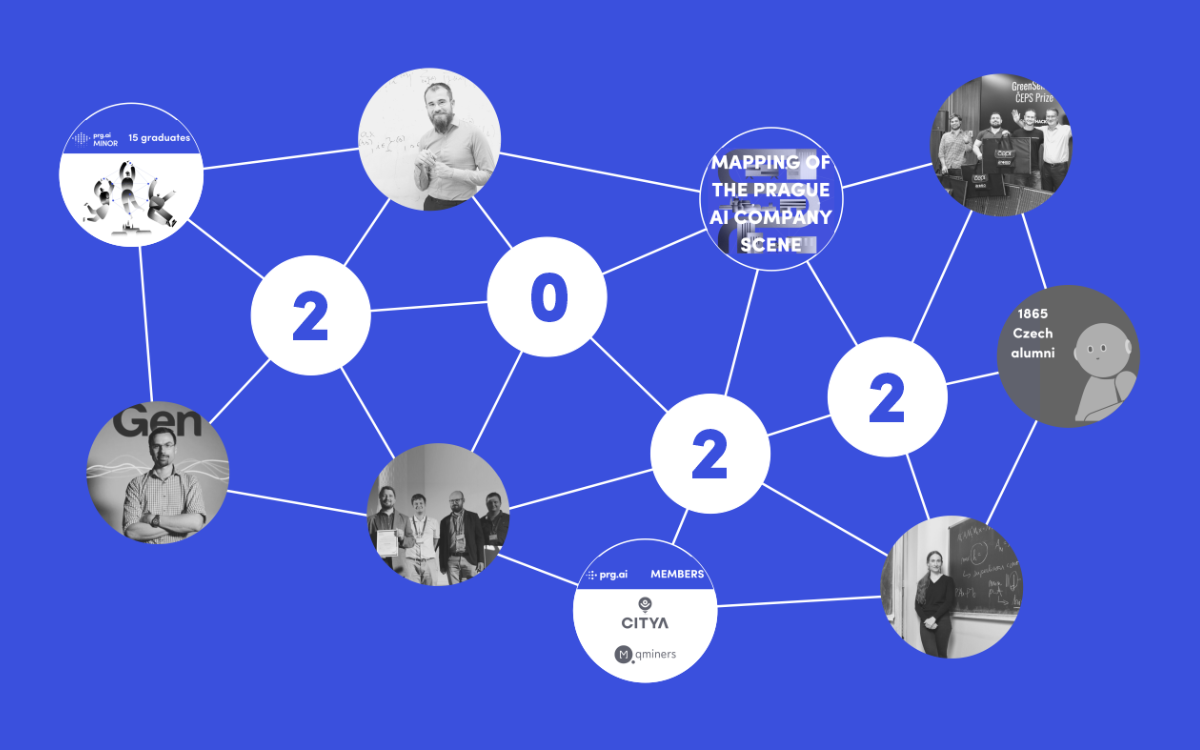
With a new director and new additions to the team, prg.ai has grown over the past year — and the Prague AI scene has as well, springing up new projects and collecting international awards left and right. In this newsletter issue, we summarise the most important highlights of 2022 across the prg.ai community, spanning both academia and industry.
🏡 What we accomplished at prg.ai
BUILD
Citya and Qminers join the ranks of prg.ai industrial members
Aside from its institutional founding members, prg.ai also relies on the expertise and support of business leaders dedicated to the mission of introducing artificial intelligence into practice and harnessing the benefits of innovation. In 2022, two new companies joined prg.ai as industrial members. Citya is a start-up providing on-demand commuting solutions, algorithmically optimising the efficiency, cost, and environmental impact of urban mobility. Qminers, on the other hand, are experts on data mining who develop software specialised on algorithmic trading. We’re happy that both of these innovative companies have enriched our membership base!
TEACH
Educating a new generation of artificial intelligence experts through prg.ai Minor
In the past academic year, our flagship inter-university educational programme welcomed 15 new graduates as well as a new cohort of 40 students, who were selected from the biggest pool of applications to date. As part of the programme, students have the chance to attend AI-related classes at four participating faculties across the Czech Technical University as well as Charles University, combining technical competencies with insights from social science to gain a fuller understanding of artificial intelligence and its implications for society. Yet the programme is not only about academics: it also aims to foster a lively community, and to connect its participants with the ever-changing world of AI practice. In 2022, prg.ai Minor students had the chance to attend 4 Industry Talks which presented the expertise of Pavel Kordík, Blindspot Solutions, CIIRC, and Datamole. They also had the chance to gather during a summer meet-up and celebrate their achievements during a graduation ceremony held at the Old Town City Hall in October.
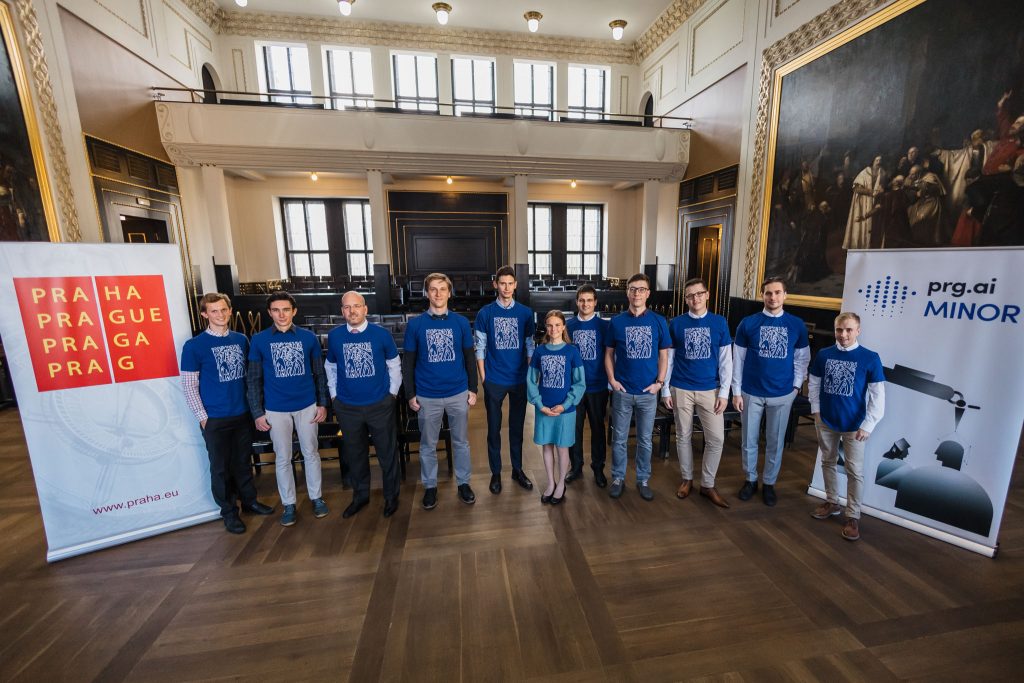
Bringing Elements of AI to the Czechs
Elements of AI, the free online course we introduced to the Czech public in 2021, grew significantly over the past year. By the end of December, 9096 Czech participants were registered to take the course, and 20.5% of them could already flaunt its successful completion with a certificate. In international context, the Czech Republic’s completion rate is above the European average: serving as a practical comparison, Austria have registered 3373 participants with 11% completion rate, highlighting the relative success the course has had among the Czech public. However, there are yet higher benchmarks to strive for during the upcoming 12 months, and we’re looking to get inspired particularly by Northern Europe: in Sweden, 50591 participants were registered to date, all while maintaining a 22% completion rate.
AI Academy teaches highschoolers the ins and outs of AI
As part of our teach programme, we are also actively trying to incorporate artificial intelligence into high school curricula and enrich young students with the technical knowledge they will no doubt need in an evermore AI-reliant world. AI Academy, a joint project with Jiří Materna’s ML College, has organised a week-long course for students as well as teachers twice this past year, during the spring as well as summer holidays.
Never too early to start teaching principles of artificial intelligence
While our AI Academy mainly focuses on integrating artificial intelligence into secondary and high school curricula, there is no good reason why AI education cannot start even earlier. To help prepare even the youngest of learners for their interaction with AI and associated digital tools, we have supported the release of the AI for Kids textbook, published in August last year. Since its release, the book has become a welcome addition to our own educational activities and an important resource for primary school teachers throughout the Czech Republic.
COME
Forging new international partnerships
2022 was a big year for Prague in terms of international attention — and prg.ai was definitely not one to miss out on the action. Throughout the past year, we have participated in various meetings and partnerships, introducing the local AI ecosystem to external partners and learning from foreign colleagues’ expertise. Our engagement ranged from presentations and panel discussions at large-scale events — such as the Turkish TRAI Week or the Czech-French AI Workshop — to smaller scale meetings with foreign representatives, including government ministers from the Netherlands and Finland, as well as diplomats from the US, UK, Korea, and Mexico.
Benefiting from international expertise
Aside from working with institutional representatives from foreign countries, we also work hard to attract international expertise. In the past year, we’ve had the pleasure to co-host an informal dinner with Richard Sutton, a distinguished research scientist at DeepMind and a legend of computational reinforcement learning. In addition, we also hosted the prg.ai meetup which welcomed Michael Bowling and presented the research he engages in while serving as full professor of computer science at the University of Alberta. With over 180 attendees, the event was a great opportunity to reconnect with the local AI ecosystem and discuss Professor Bowling’s insights regarding game theory and hindsight rationality.
PROMOTE
Expanding our science communication efforts
Throughout the past year, we also focused on science communication, highlighting the successes of local innovators, interviewing notable entrepreneurs or academics, and explaining the significance of the deployment of AI technology across multiple domains of everyday life. In 2022, we published 20 articles on prg.ai Journal, among them also the first comprehensive report titled Mapping of the Prague AI company scene.
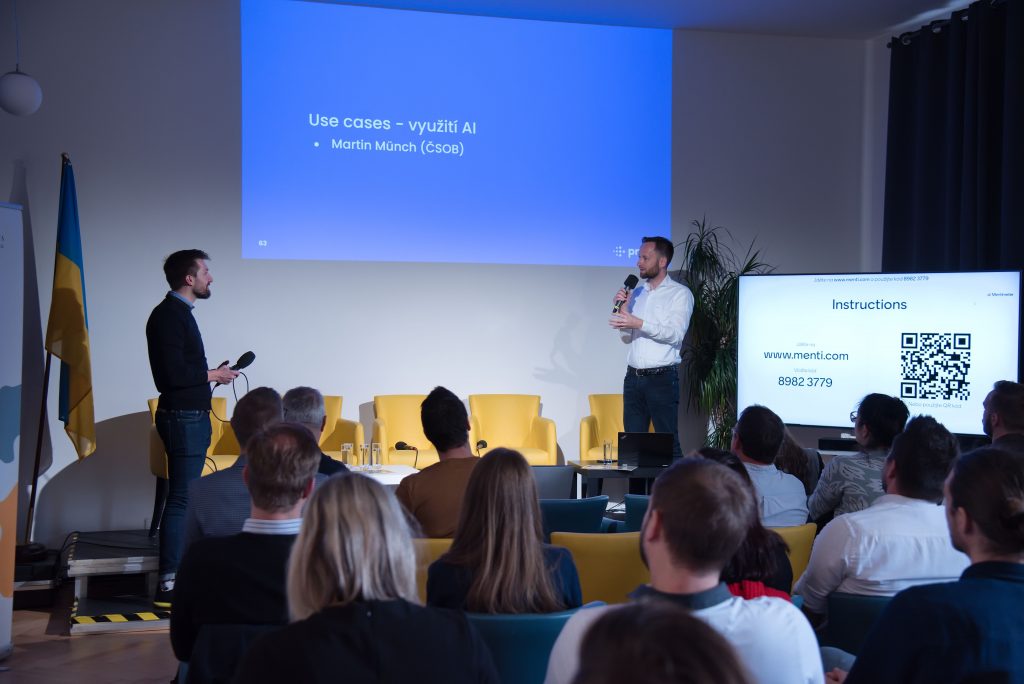
New team members, new challenges
The past year has also brought a number of new additions to the prg.ai core team: Lukáš Kačena has joined us as new Managing Director, Petra Dovhunová has taken over our educational projects, and Bára Pelcová has took charge of Elements of AI as well as of our community endeavours. As our latest addition, Filip Hartmann has taken on our communications. With these new reinforcements, prg.ai took part in multiple events, panel discussions, workshops and festivals, presenting the added value of employing artificial intelligence in education, business, public governance, and beyond. In cooperation with the Prague Innovation Institute we have presented our vision for innovation in Prague, we took part in the annual AFI Conference, as well as the European Big Data Value Forum, and presented our educational programmes at ZČU and the UčitelIN Conference. We have also started a series of workshops of our own, supported by the entrepreneurial community at our new workplace in Kampus Hybernská: having kicked the series off with a workshop all about employing artificial intelligence in business.
👏 Members’ news that makes us proud
ACADEMIA
At prg.ai, our academic partners are hard at work to develop local expertise which drives innovation and AI excellence recognised internationally. And Czech educational institutions are appropriately renowned for their quality, particularly when it comes to technical subjects: for the period between 2018 and 2022, Computer Science Rankings have placed Czech Technical University in Prague as 4th in computer vision, 8th in robotics, 15th in economics and computation, and 34th in artificial intelligence among top European institutions. In the more general QS World University Rankings, CTU has scored in the top 400 global institutions, and Charles University has placed 266th overall.
Early in 2022, FIT CTU saw an exciting new addition: the brand new RoboAgeLab opened in January, partly co-financed by European R&D and Education funds. This new laboratory enables researchers to explore various aspects of robotic agents, focusing on their potential for intelligent decision-making and cooperation.
The 36th AAAI Conference on Artificial Intelligence also took place between February and March 2022, gathering the foremost experts in the field from all over the globe. Receiving an important distinction from the international community, CTU researcher Daniel Fišer was awarded the 2022 Honourable Mention Outstanding Paper Award for his paper titled Operator-Potential Heuristics for Symbolic Search. In effect, Daniel Fišer — and his research work in AI planning at the AI Center of CTU’s FEE — were recognised as the second best author among the academic presenting at this foremost conference. Congratulations!
Fairness of algorithms was an important consideration in academia this past year, and the international Autofair research project has found its foundations in Prague. Headed by Jakub Mareček and based at the CTU FEE’s AI Center, the project has secured a 3.8 million euro Horizon Europe grant and unites researchers from Imperial College London, Technion, and National and Kapodistrian University of Athens working on the transparency and explainability of algorithms. In addition, FIT CTU’s Laboratory of Programming Research has seen the fruitful conclusion of not one, but two of its EU-funded research projects, Evolving Language Ecosystems and BigCode. Headed by Professor Kirsch and led by Professor Vitek, the Laboratory has been working — and publishing — on the evolution of programming languages and migration of code and knowledge bases.
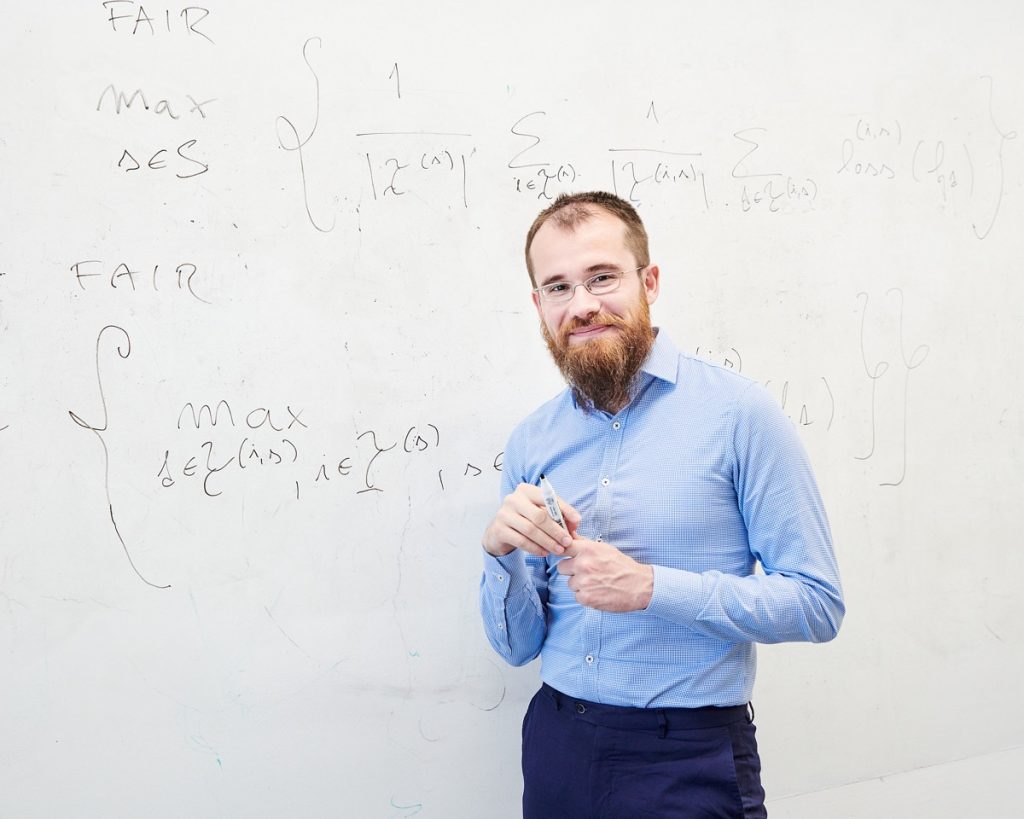
The past year was also irrevocably marked by the outbreak of war in the Ukraine, inspiring a wave of solidarity across various social domains: and academia was no exception. Perhaps most notable among the charitable projects, the Charles Translator for Ukraine was developed in record time at CUNI’s MFF, serving as a vital communication tool and assisting in the integration of displaced Ukrainians. In recognition of this unique natural language processing project, the developing team affiliated with CUNI’s Institute of Formal and Applied Linguistics has also received the 2022 Steven Krauwer Award.
During the summer months, CTU’s FEE alongside IEEE and the Multi-Robot Systems research group hosted the IEEE RAS Summer School on Multi-Robot Systems. Presenting to a diverse student body which gathered over 170 participants from 6 continents, the event highlighted newest achievements in multi-robot systems and shared the Czech experience with putting swarms of cooperating robots and drones into practice. At CIIRC CTU, the International Conference on Systems, Man and Cybernetics also took place, gathering the international research community to focus on effectively integrating real world, virtual models, and society.
Multiple Czech academics have also received various international distinctions in the latter part of 2022. MFF CUNI’s Professor Barták has been recognised as a EurAI Fellow, ranking among the top 3% of all distinguished members of the European Association for AI. At CTU, Vladimír Kučera has received the IFAC System Structure and Control Lifetime Achievement Award 2022, recognising his long-term contribution to the field of automatic control. Representing the rising generation of young researchers, MFF CUNI’s Erin Carson has seen success in the prestigious ERC Starting Grant competition, becoming one of only three women who have received the grant in the Czech Republic this year.
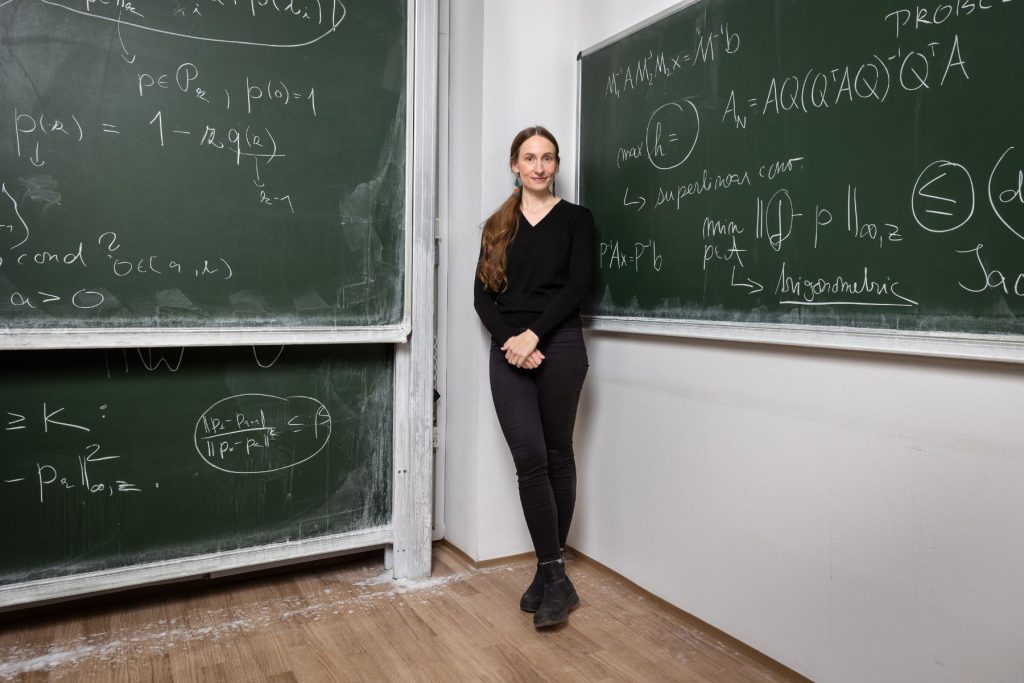
As the year drew to a close, a couple notable international projects also sprung up on the Prague AI scene: among them, the AI-based Quality Management for Smart Factories (AIQUAMA) project marked a new collaboration between CIIRC CTU and German partners. In addition, CTU also arranged a new partnership with CzechTrade and marked its beginning with a memorandum on Ukraine, planning a wide range of projects supporting the rehabilitation of Ukraine and its people.
INDUSTRY
prg.ai industrial partners play a vital role not only while introducing artificial intelligence into practice across various social domains, they also play a vital role in building up and enriching the local innovation ecosystem. With 13 successful companies as industrial members (including two new additions of Citya and Qminers), prg.ai can now tap into an ever-broader base of expertise.
In the past year, our industrial members have also collected an impressive amount of awards and distinctions, all while growing their business ventures. Starting on the right foot, the UK-based Data Magazine included not one, not two, but three of our industrial members in their list of ‘40 Most Innovative AI/ML companies’: Resistant AI, GoodAI and Blindspot Solutions were recognised for their innovative approaches and entrepreneurial drive. Later in the year, Resistant AI also made it into the 2022 Computing Technology Product Awards finals among tough competition from all across the globe.
Yet beside international successes, our member companies have also been active on the local scene. A DataSentics team has shown off their expertise and dedication to sustainable development during the 2022 GreenHack Hackathon. They won the competition with their PylonGuard project, having developed a drone-based and deep learning-enabled method of inspecting transmission towers. Václav Maixner — a graduate of our prg.ai Minor programme — was on the team; you can read an interview with him on prg.ai Journal.
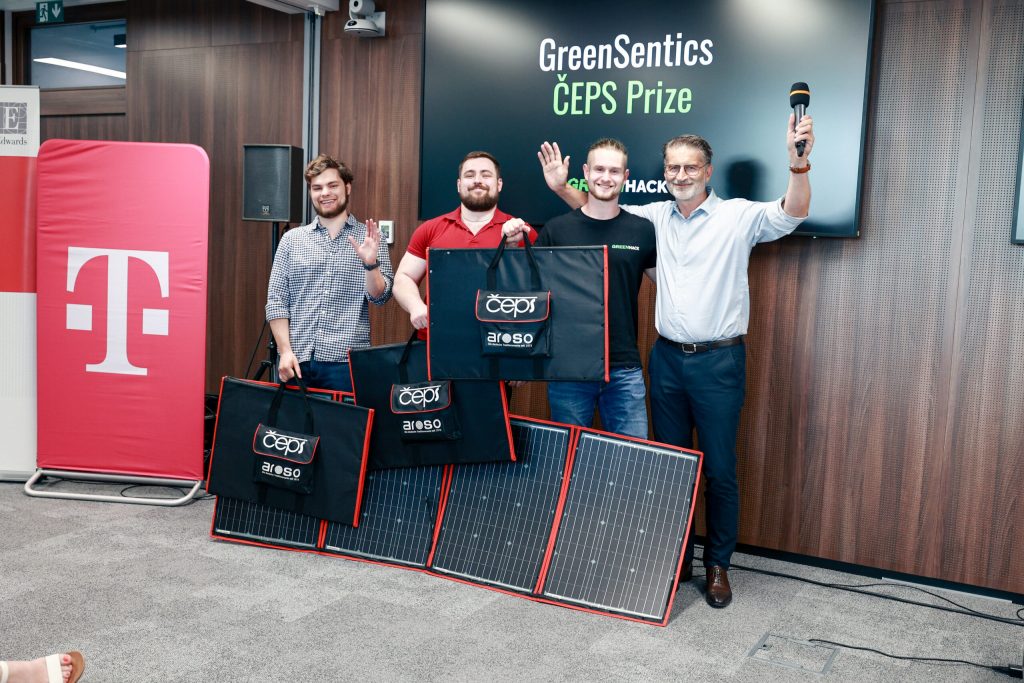
2022 was also a big year for Phrase, formerly known as Memsource, having secured a 15 million euro investment from Carlyle, introduced a new director in Georg Ell, and launched a brand new identity alongside a new Phrase Localization Suite. Under refreshed brand visuals and with new international expertise, Phrase is ready to take on new challenges and extend their services even further.
Another one of our members also garnered notable international attention in this past year: shortly after announcing their Avast Digital Wellbeing Report, Avast and Norton Lifelock successfully completed their anticipated merger, marking the biggest acquisition Czech Republic has seen in recent years. Together, they rebranded as Gen Digital and set out to pursue a mission of strengthening global digital freedom, running their operations between Prague and Arizona.
Yet that’s still not all in terms of awards and distinctions collected by our member companies. In the summer months, Rossum was named Market Momentum Leader by G2, the world’s largest tech community for product assessments and reviews. The award marks their second consecutive year of excelling among companies which focus on Optical Character Recognition (OCR) software. Rossum has also placed second in Forbes’ 2022 Startup of the Year awards, and accompanied Resistant AI on Sifted’s ‘7 Czech Startups to Watch’ list compiled with the help of five leading Czech VCs.
📍 From the local AI scene
A year full of big investments
Notable investments have been flowing onto the Czech company scene in the past year. Deepnote, a Prague-based startup developing a Jupyter-compatible platform for data science, has raised 20 million dollars in its Series A, led by Index Ventures and Accel with participation from Y Combinator and Credo Ventures. An impressive investment was also secured by the star-studded team behind Equilibre Technologies, aiming to revolutionise algorithmic trading on Wall Street. And, as of 2022, Czech Republic also has a brand new unicorn: with their 125 million dollar Series D, Productboard has become the 1000th company worldwide to reach a billion-dollar valuation.
Prague excellence attracts international attention
One of the core missions of prg.ai is to elevate the profile of Prague as a centre of international AI expertise — and strides have been made in that domain, too. The San Francisco based IT company Splunk has opened a new Centre of Excellence in Prague, highlighting the Czech Republic as “a trusted source for the talent that drives success”. In another sign of confidence in the quality of Prague-based technology talent, the French-founded 42 Network has opened a new coding school in Prague, providing state-of-the-art coding education free of charge. By the end of 2022, 42 Prague has recruited its first cohort and started its full re-skilling programme. Prague also hosted the CEDMO International Conference in September, welcoming multidisciplinary experts, policy-makers, and innovation stakeholders from all across Europe
Exciting new opportunities for grassroots development
In addition to international engagement, many local initiatives have also spring up to support new projects and promising individuals ready to enrich the local ecosystem. CzechInvest has successfully run its first round of Technological Incubation, with additional calls for applications expected in early 2023. In addition to their successful upskilling courses and workshops, CzechITas have also launched a new scholarship fund, supporting under-privileged and underrepresented groups to help them harness their full potential in the IT industry.
Next up from prg.ai

Typical Prague AI firm is young, self-sufficient, and export oriented, shows our new comprehensive study
130 companies, 11 interviews, 9 business topics. Explore all that and more in the unique study authored by prg.ai, which contains an overview of last year's most notable events on the local AI scene or articles on the future of AI or gender equality in research.
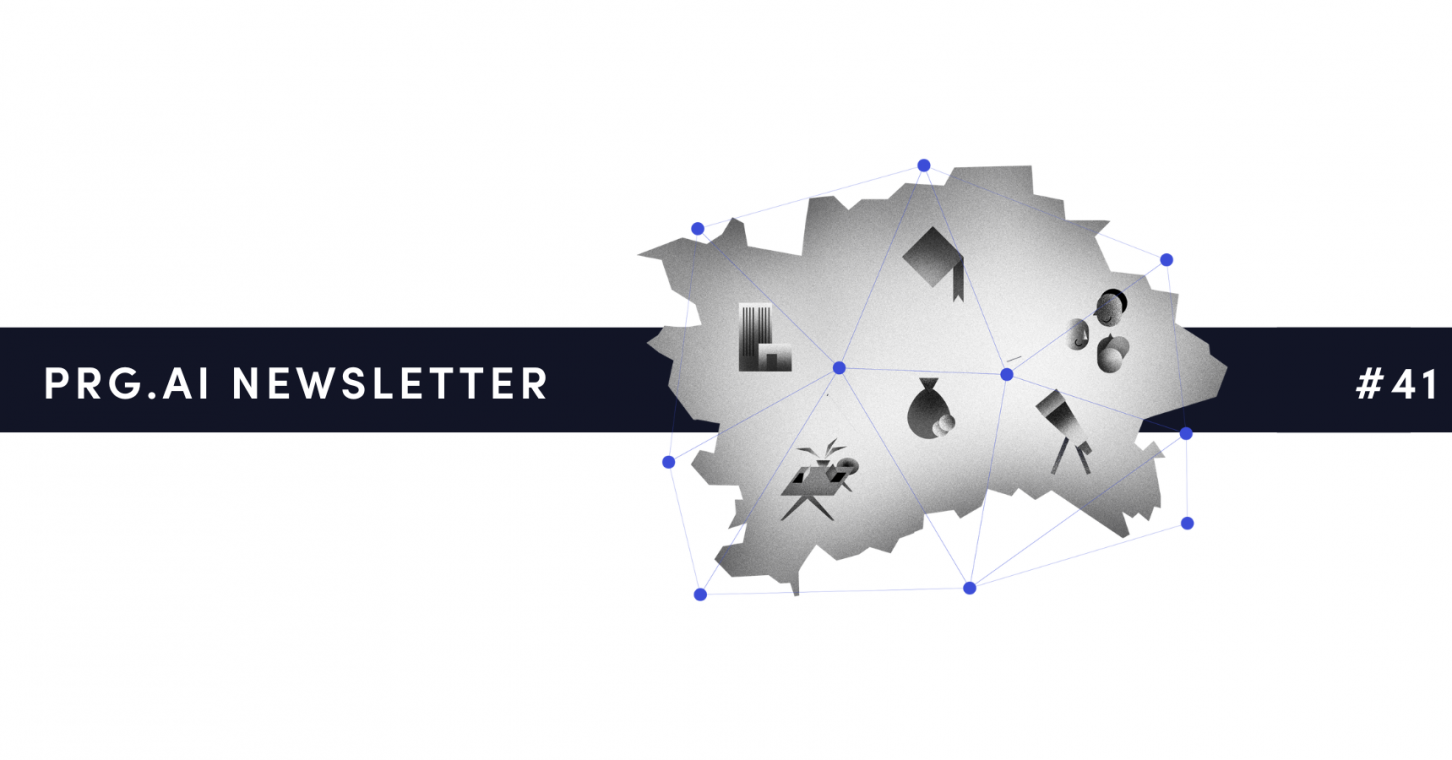
prg.ai newsletter #41
The first spring edition of our newsletter! Get the latest prg.ai updates, exciting news from the Prague AI scene, a curated list of interesting events, open positions, and much more. Stay in the loop!
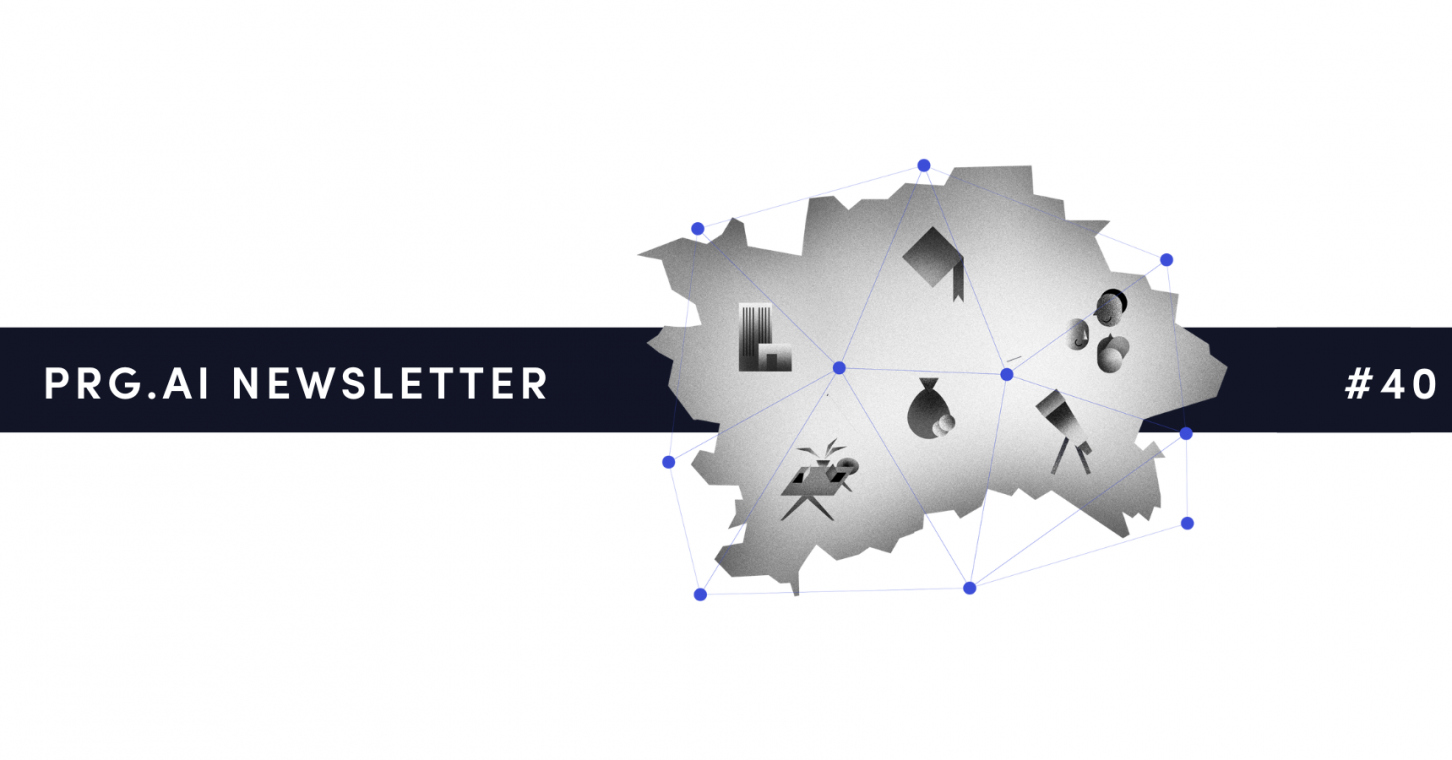
prg.ai newsletter #40
The fortieth milestone issue of the prg․ai newsletter is packed with news and intriguing facts not only from the Prague AI scene. Keep reading so you don't miss out on anything!
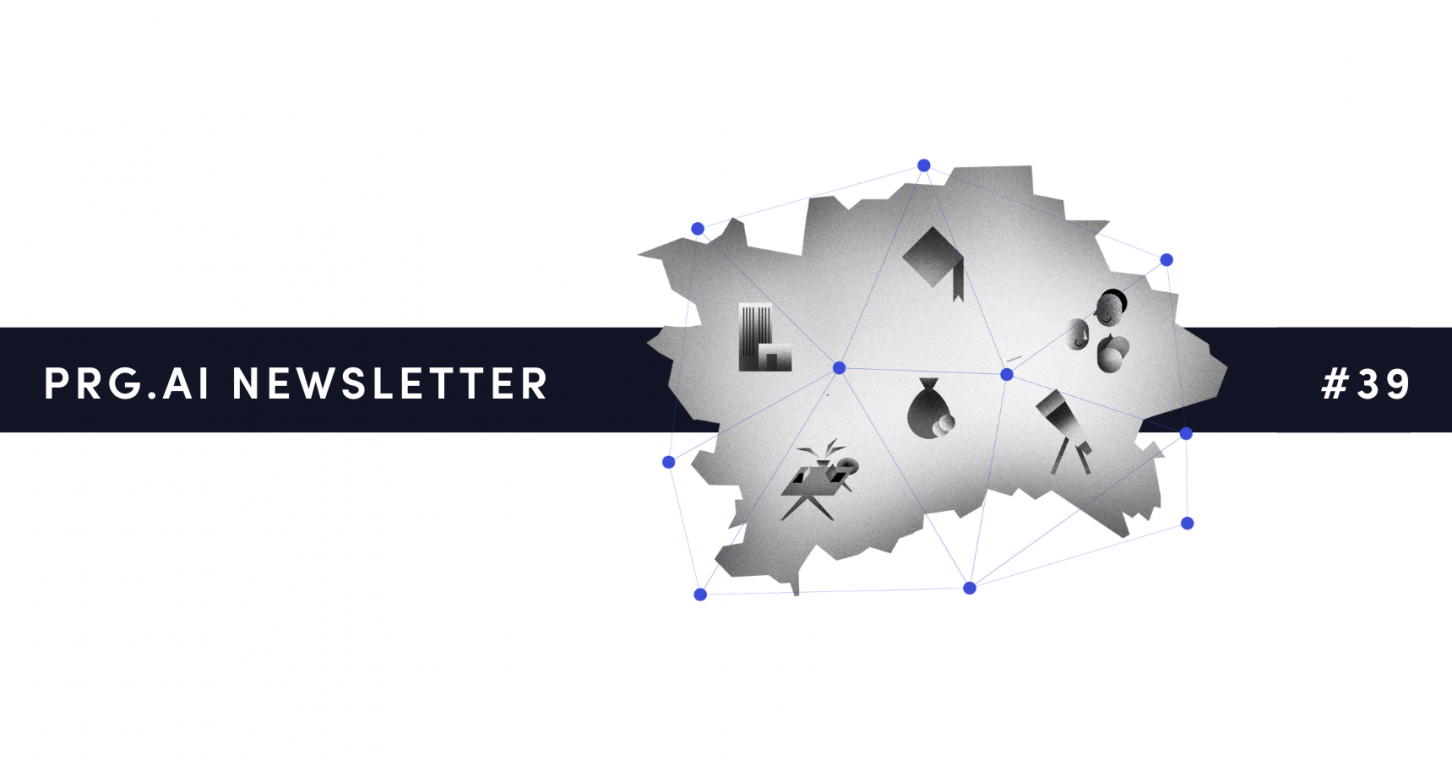
prg.ai newsletter #39
What did the first month of 2024 bring, and what can you look forward to in February? Find out in the next prg.ai newsletter. Check out what's new on the artificial intelligence scene (not only) in Prague.

